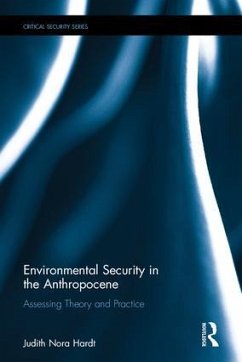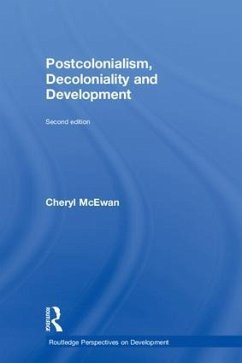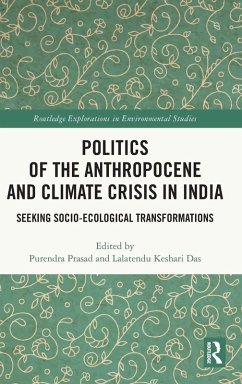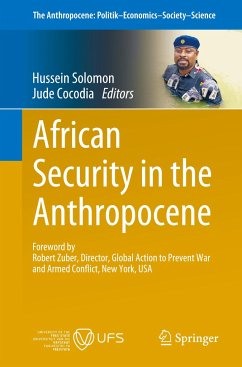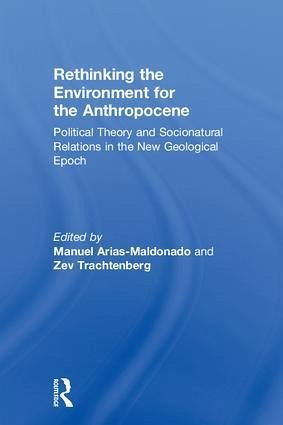
Rethinking the Environment for the Anthropocene
Political Theory and Socionatural Relations in the New Geological Epoch
Herausgeber: Arias-Maldonado, Manuel; Trachtenberg, Zev
Versandkostenfrei!
Versandfertig in 1-2 Wochen
168,99 €
inkl. MwSt.

PAYBACK Punkte
84 °P sammeln!
This book brings together the most current thinking about the Anthropocene in the field of Environmental Political Theory ("EPT"). It displays the distinctive contribution EPT makes to the task of thinking through what "the environment" means in this time of pervasive human influence over natural systems.




